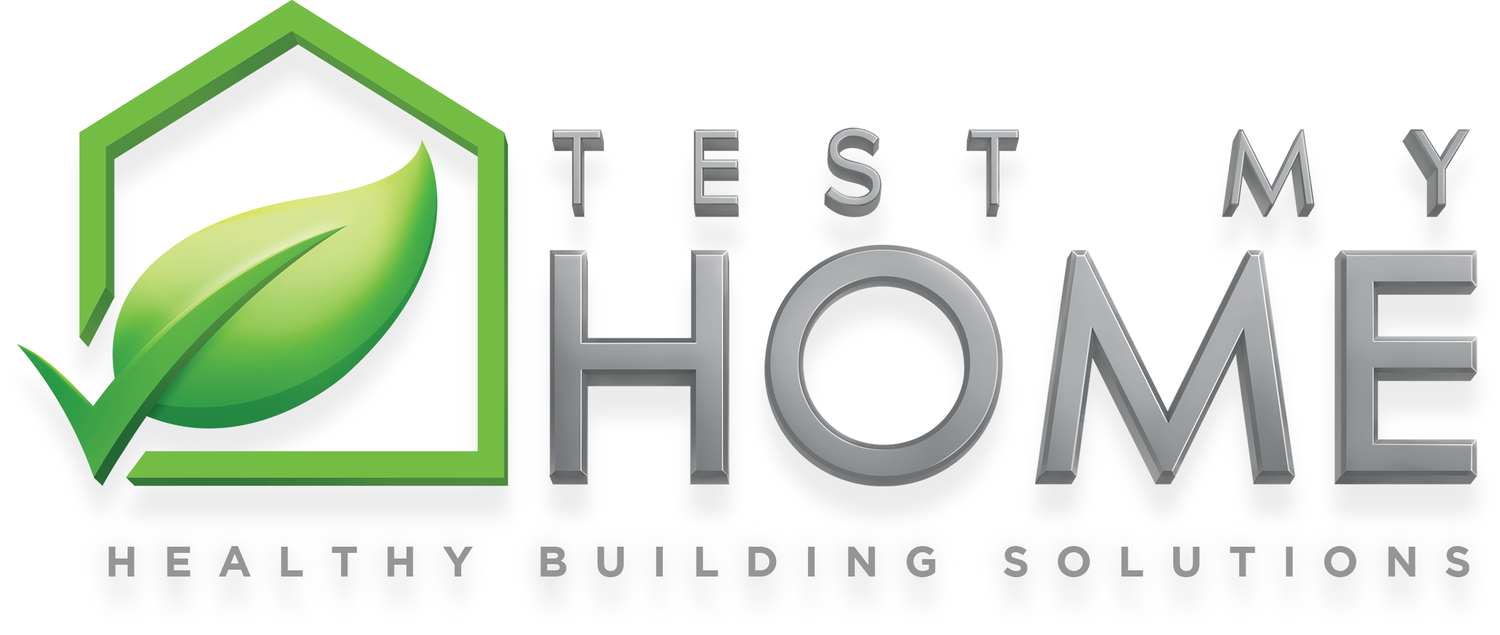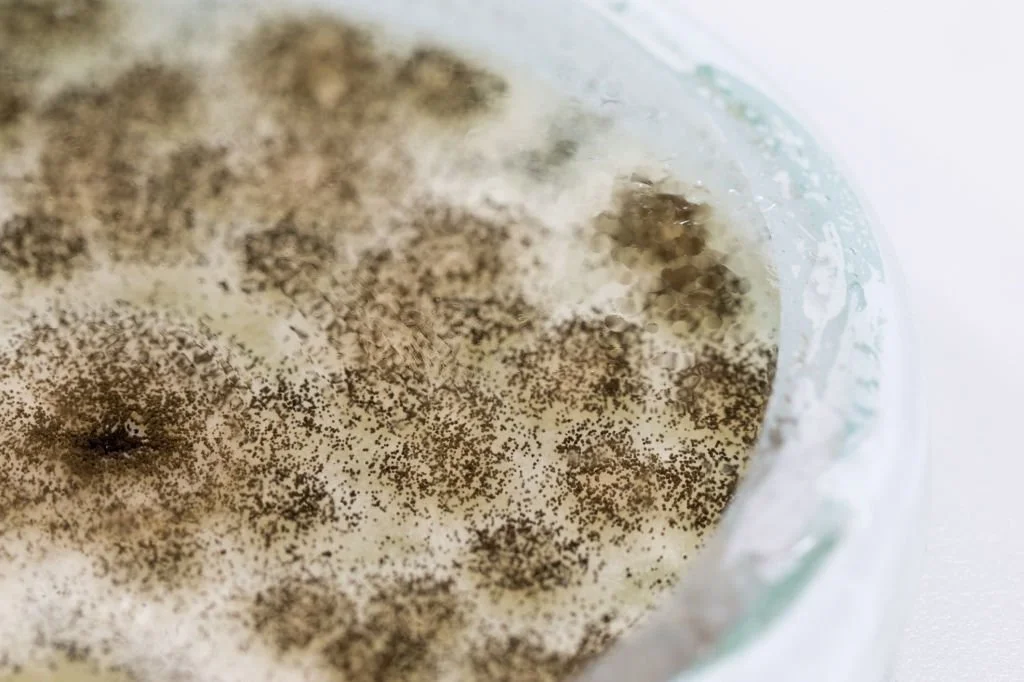Although mold is commonly found everywhere, you never want to see it covering your house. If you suspect molds are sprouting inside your home, getting rid of them should be your top priority.
Was there a time when you entered your bathroom and wrinkled your nose at the musty smell? It is common knowledge that wet environments are ideal habitats for mold and mildew, fungi that aid in the biodegradation of natural materials.
Although they might be necessary for your compost pile, they're certainly not needed in your house. You can endanger your health by breathing in airborne fungal spores.
Mold does not only damage your house's wood and wallpaper; it can also cause a variety of health issues, such as itchy eyes, runny nose, coughing, and overall complication in the respiratory tract.
You must know how to test your house for molds to avoid endangering your family's health. This article will provide the steps needed to tell if mold is growing in your home.
What Is Mold?
Mold is found everywhere. This particular species of fungus develops from tiny spores that fill the air. It can thrive practically everywhere that spores land, particularly areas filled with moisture and a temperature range between 40℉ and 100℉.
Mildew, the most recognizable sort of mold, starts as tiny, typically black patches but quickly develops into larger swarms, making it easy to see. It's one of the simpler methods for determining whether you have mold.
Mildew is the dark substance visible on shower tile floors, walls, and deck boards, especially in humid and dark places.
How To Know If Your House Has Mold
Since mold needs moisture to develop, you'll likely find them in wet and dark areas. For instance, you should fix plumbing leaks immediately because they frequently lead to mold growth.
Any visible mold in the house should be removed immediately using safe techniques or by contacting a specialized mold removal service.
Use A Mold Testing Kit
There are many places to get mold test kits, including home remodeling stores and online shops, but not all test kits have the same quality. Some are only limited to checking if there is any mold on surfaces, so ensure to buy one that tests mold growth thoroughly.
It usually takes a couple of days to complete the testing procedure. You can send the testing samples to a lab, and they can identify what type of mold is present in your home. The mold samples for lab analysis typically cost $40 to $70.
Hire A Professional Mold Removal Service
If you employ the help of a qualified mold inspector to test your house for molds, they will collect samples from the air, the surface, and nearby dust particles.
Afterward, they send the samples to a separate laboratory to determine the quantity and varieties of mold growing in your home.
However, this process can cost you an extra amount of money, but it will guarantee that they will inspect your house thoroughly for mold growth.
Conclusion
Mold is associated with several health issues, significantly damaging the respiratory tract. You must ensure that no molds are growing in your house to avoid getting your family sick.
You can refer to the above methods to test your house for potential mold growth.

